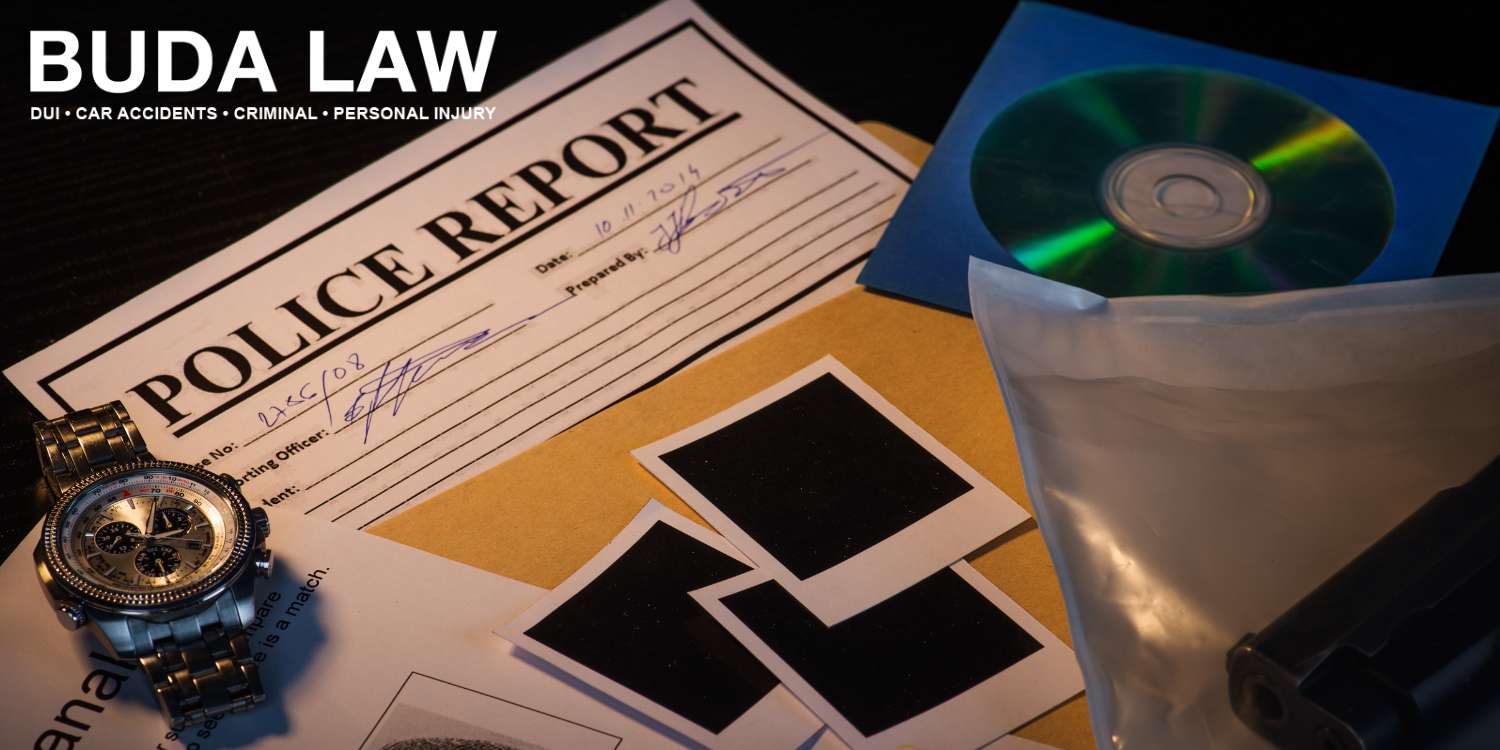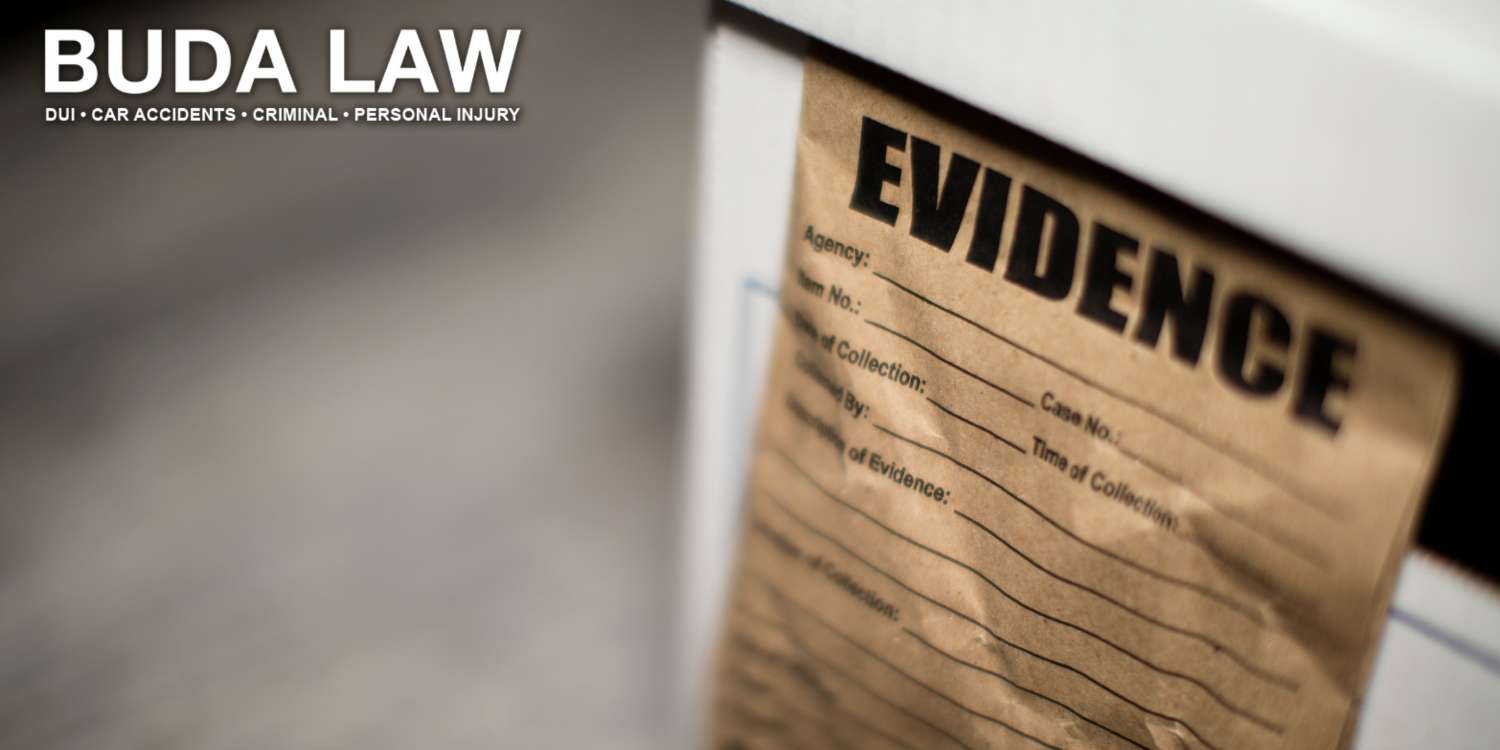At Buda Law, we understand the urgency of accessing discovery materials in the defense process, as it affects every aspect of preparing a defense strategy. Discovery, the legal procedure through which defendants receive critical evidence and information held by the prosecution, is a cornerstone of the American legal system, ensuring fairness and transparency in criminal cases. However, the timeline for this exchange is controlled by discovery rules and can be influenced by various factors.
In this guide, our Tampa criminal defense attorneys will discuss in-depth what happens during the discovery phase so that those involved in criminal cases can better understand this important process.

What is a Motion for Discovery in a Criminal Case?
A motion for discovery in a criminal case is a formal request made by the defense to the prosecution, seeking access to all evidence that the government intends to use at trial and any additional information that might be favorable to the defendant.
This legal maneuver is pivotal in ensuring transparency and fairness in the judicial process, allowing the defense to thoroughly review, examine, and challenge the evidence gathered by the prosecution.
What is a Notice of Discovery?
A notice of discovery is where the prosecuting attorney informs the court and the defense that they are ready to provide the discovery materials. This notice signifies the beginning of the discovery phase in a criminal case, during which all relevant evidence collected by the prosecution will be made available to the defense.
It ensures the defense and prosecution access the same information, promoting a fair and balanced trial. By filing a notice of discovery, the prosecution fulfills its obligation to disclose evidence, allowing the defense to review, prepare, and strategize accordingly.
What is the Demand for Discovery?
A demand for discovery is an official request issued by the defense in a criminal case, forcing the prosecution to release all relevant evidence and information related to the case. It is designed to ensure transparency and fairness within the judicial process by granting the defense access to the same materials the prosecution has.

Types of Evidence Typically Included in the Discovery Process
The discovery process involves the exchange of various types of evidence between the prosecution and defense. This evidence is crucial for building defense strategies, preparing for trial, and facilitating plea negotiations. Types of evidence included are:
- Witness Statements and Depositions: Transcripts of interviews and testimonies from witnesses can provide crucial insights into the case events.
- Police Reports: Official reports from law enforcement officers detailing the incident, arrests, and initial investigations.
- Forensic Evidence: Includes results from scientific analyses such as DNA tests, ballistics, fingerprints, and toxicology reports.
- Physical Evidence: Tangible items collected during the investigation, such as weapons, clothing, or any material objects linked to the crime scene.
- Photographs and Videos: Visual documentation of the crime scene, evidence, and anything relevant to the case, including surveillance or dashcam footage.
- Expert Witness Testimonies: Opinions and analyses from professionals in fields relevant to the case, such as forensic scientists or medical examiners who can interpret complex evidence.
- Defendant’s Statements: Statements, confessions, or interviews given by the defendant used by either side in criminal court.
- Exculpatory Evidence: Information that might prove the defendant’s innocence or mitigate the charges against them, which the prosecution is legally obligated to disclose.
- Electronic Evidence: Digital data such as emails, text messages, social media posts, and GPS data can provide insights into the actions and locations of involved parties.
- Legal Documents and Court Records: Previous convictions, pending charges, and any legal documents that may influence the case or the credibility of a witness.
The Legal Rules of Discovery in Florida
In Florida, the discovery rules in criminal cases are outlined to ensure a fair and transparent judicial process. Under Florida’s criminal procedure rules, the prosecution is responsible for providing discovery materials to the defense.
According to discovery law, the prosecution should continue disclosing relevant information even after the initial disclosure phase if new evidence comes to light. Failure to exchange evidence can result in serious penalties that can affect the outcome of the criminal case.

How Long Does it Take to Get Discovery in a Criminal Case?
Generally, the prosecution must provide discovery within a set period after the defense’s formal request, often ranging from a few weeks to several months. Evidence should be available to the defense either at the preliminary hearing or after the accused has been indicted by a grand jury. However, several factors can influence these time frames, including the complexity of the case and the amount of evidence.
High-profile cases involving extensive forensic analysis or large amounts of digital evidence, for example, may necessitate longer evidence-gathering and review periods. Logistical challenges, such as coordinating with multiple law enforcement agencies or waiting for lab results, can also extend the discovery process.
It’s also important to note that the discovery phase can be dynamic, with the possibility of additional evidence being disclosed as it becomes available, which can further affect the timeline.
Exceptions and Special Circumstances in the Discovery Process
Discovery timelines may be extended in complex cases involving large amounts of evidence or when new information emerges that requires further investigation. On the other hand, timelines can be expedited when time is of the essence, such as when handling perishable evidence or accommodating a speedy trial request.
The discovery process must carefully navigate around confidential or sensitive information. This includes evidence that may compromise ongoing investigations, reveal the identities of confidential informants, or expose personal information subject to privacy laws. In these instances, the court may order that certain pieces of evidence be redacted, handled under strict confidentiality agreements, or only disclosed under specific, controlled conditions.
Consequences of Discovery Violations
For the defense counsel, timely and complete discovery is critical for preparing an effective defense. If the defense thinks they don’t have all the requested discovery, the can file a court order forcing disclosure.
When the prosecution fails to provide discovery within the mandated time frames or withholds evidence, it breaches legal procedure and potentially violates the defendant’s right to a fair trial.
Such violations can lead to a range of judicial sanctions against the prosecution, including the exclusion of withheld evidence from being presented at trial, the dismissal of charges, or even the ordering of a new trial. In severe cases, discovery violations can undermine the prosecution’s credibility and integrity, casting doubt on the evidence they present.

The Role of a Florida Criminal Defense Attorney in the Discovery Process
Tampa criminal defense attorney Andrew Buda plays an indispensable role in advocating for his client’s rights. Through meticulous review and analysis of the discovery materials, he can identify any procedural errors, challenge the admissibility of evidence, and uncover potential defenses.
Attorney Andrew Buda can also request discovery or challenge incomplete disclosures, ensuring the prosecution adheres to its obligations. By leveraging his experience and understanding of Florida’s discovery rules, attorneys like Andrew Buda ensure that the defendant’s rights are firmly protected, facilitating a fair trial and the best possible defense.
For Personalized Advice and Aggressive Representation, Call Tampa Criminal Lawyer Andrew Buda Today
Tampa criminal defense attorney Andrew Buda leverages a wealth of strategies to protect his clients’ rights throughout the discovery process during their criminal cases.
Whether you’re facing charges or seeking to understand your legal options, Andrew Buda and his experienced legal team can provide the clarity and support necessary for these challenging times. For personalized advice and a criminal defender committed to your case, call Buda Law at (813) 322-2832 or reach out online to schedule a free consultation today.
